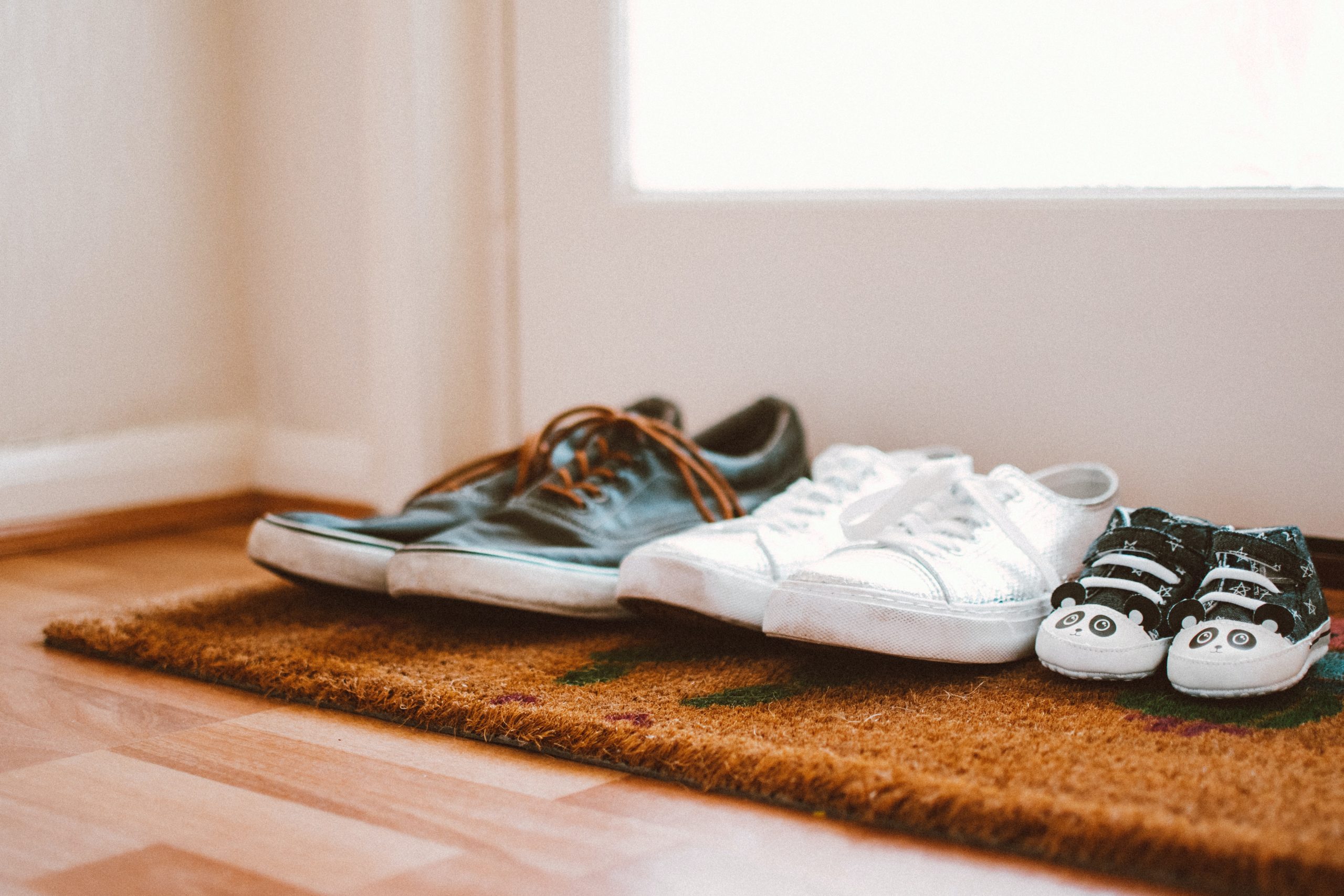The truth is, I’ve never watched the Duggar family on TV. Still, with all the current media coverage, it’s impossible not to be aware of the fact that the oldest son Josh has confessed to inappropriate sexual behaviour, as a teenager, toward four of his sisters and a non-related baby-sitter .
I work with victims of sexual abuse every day in my psychotherapy practice, so I feel I have some insight into the subject at hand.
A lot has been said about what happened and how it’s been handled by the parents, and I’m sure that a lot more will be said.
Instead of adding to the judgements in favour of, or against the family, I thought that it would be a good idea to look for the learning opportunities here.
The first lesson I see coming from this situation is that parents can’t assume that teaching their children good values is a guarantee of good behaviour.
A good education, even a religious education, will not necessarily prevent a child from behaving inappropriately. Parents still need to monitor their children’s behaviour and conscientiously work at creating the circumstances in which all their children can be safe.
Lesson two is that there’s always a reason for inappropriate sexual behaviour by young people, and when it happens in a family, the parents need to look for the cause.
Sometimes, when sexuality is treated as something mysterious or when it has been repressed, a child’s confusion and curiosity about sex could lead to inappropriate sexual experimentation. This makes a good case for appropriate sex education at school.
Sometimes, a young person will engage in inappropriate sexual activity because something bad has happened to him or her. If one child is behaving inappropriately with another child, the parents need to look at the possibility that the perpetrator has themselves been a victim of inappropriate sexual attention.
If the parents miss this opportunity, not only will the young person lose the chance to heal their own wounds, the person who hurt this child is allowed to continue abusing children in their family or community.
Lesson three is that all inappropriate sexual attention is damaging to the person on the receiving end. Minimizing molestation because it happened when the child was sleeping, or because it was done over the clothing, or because it only happened “a few times” is destructive to the victim.
Every child who has experienced inappropriate sexual attention needs to be taken seriously; they need the opportunity to express their feelings about what happened, to process the experience(s) on a thinking and feeling level, and to heal.
Lesson four is that denial is hurtful to both the perpetrator and the victims. When parents tell themselves that it’s not that bad, the perpetrator is let off the hook and has little reason to change. If they continue the behaviour, they could end up with serious consequences as an adult, including trouble with their career, marriage or the law.
Also, denial at the time of the original offense puts at risk the perpetrator’s future children and other children in the community.
Lesson five is that parents need to take responsibility for instances of sexual abuse by their children. Saying “I’m sorry” to the victims and to society is not enough. Accepting that everything is okay when the victims of abuse say it’s okay is not enough.
Victims of sexual abuse may have trouble accepting the impact of their trauma and they need adult help in facing it, as well as opportunities for redress and healing.
Finally, lesson six is that the best way to handle things is to involve the mental health system. Sexual abuse, especially within the family, is an extremely serious issue, and needs to be handled by those who are professional and experienced in these matters.
Involving the mental health system can have a positive, lasting impact on everyone involved.
The perpetrator, when still a young person, has the best chance of making substantive changes if they receive counseling or therapy at the time of their offenses.
The victims of abuse also need help sooner, rather than later. This does three things: it enables them to acknowledge that something bad did happen to them – so they aren’t in any doubt if someone else, down the road, tries something similar with them.
Secondly, getting help right away gives them the opportunity to face their trauma, process it and put it behind them, so they don’t have to carry it with them throughout their adult lives.
Third, when parents and mental health providers acknowledge and address their trauma, it makes the victims of the abuse feel sane, loved and safe, which will go a long way in preventing future mood disorders, addictions or relationship problems, all of which are common in adults with a history of untreated childhood sexual abuse.
The family would also benefit greatly from receiving counseling to process what happened and the impact it has had on everyone.
We can sit in judgment of the Duggars or we can use this very public episode as an opportunity to understand more about the causes of sexual abuse by young people, the impact it has on the victims and their family, and the best ways to deal with it, in order that we might prevent further suffering down the road.
Sign up here for my free biweekly wellness newsletter that brings you fresh, thought-provoking content.
Subscribe to my YouTube Channel to watch my series Moving into Autumn with Good Self-Care, where you’ll learn simple tips for taking the best care of yourself and your loved ones this fall season.
Tune in to my Ruthless Compassion Podcast where I go in-depth about topics like mental health, trauma, and loneliness.



